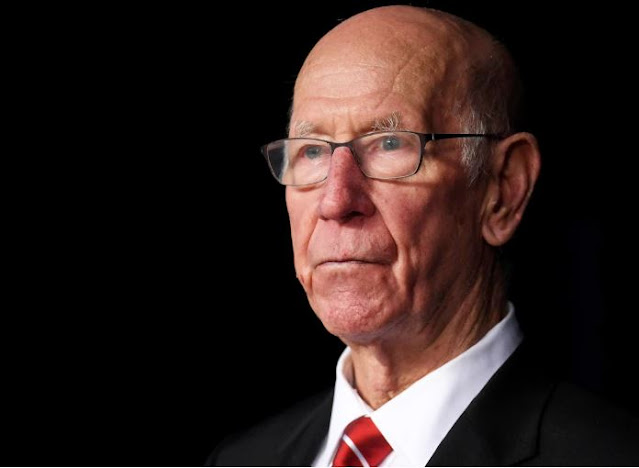Escalating Tensions in the Middle East: Israel's Conflict with Gaza and Lebanon
Escalating Tensions in the Middle East: Israel's Conflict with Gaza and Lebanon
The Middle East has long been a region marred by complex geopolitical conflicts, and one of the most persistent and volatile hotspots is the Israeli-Palestinian conflict. In recent times, this conflict has once again escalated, raising concerns about a wider regional conflagration. This article delves into the intensifying tensions in the Middle East, particularly focusing on the conflict between Israel and two significant players in the region – Gaza and Lebanon.
Israel's Ongoing Battle with Gaza:
The latest episode of violence between Israel and Gaza erupted following a deadly mass infiltration into Israel by Hamas gunmen on October 7. In response, Israel laid a "total siege" on Gaza and initiated a fierce aerial assault. As the conflict rages on, it's the civilian population of Gaza that suffers the most. The Gaza Health Ministry reports that 266 Palestinians, including 117 children, have been killed by Israeli airstrikes in the past 24 hours. The relentless airstrikes have displaced over a million people in Gaza, creating a humanitarian crisis.
This conflict, while not new, underscores the deep-seated issues in the region. The roots of this struggle trace back to long-standing political, territorial, and historical disputes between Israelis and Palestinians. Despite international calls for a ceasefire, the situation continues to deteriorate.
Lebanon's Involvement in the Conflict:
Simultaneously, along Israel's northern border, Israel is grappling with an escalation of tensions with Lebanon. Hezbollah, a Shiite militant group backed by Iran, has entered the fray in support of Hamas. This has marked the deadliest escalation of violence along the border since the Israel-Hezbollah war in 2006.
Hezbollah's involvement has added a dangerous dimension to the conflict, as it is backed by Iran, a significant regional power. Furthermore, the recent clashes put Israel in a difficult position as it attempts to manage threats on multiple fronts.
U.S. Involvement and Regional Implications:
The United States, while expressing concerns about the escalating violence in the region, has reaffirmed its commitment to supporting Israel. U.S. Defense Secretary Lloyd Austin has pledged to send additional military assets to the Middle East to bolster Israel's defense posture. This commitment follows recent escalations by Iran and its proxy forces in the region, including Hezbollah and Palestinian militants.
This growing U.S. involvement raises concerns of a potential escalation in the region, with American troops and interests becoming targets. Despite these concerns, there is a shared understanding that a wider conflict would be disastrous for the region and beyond.
International Diplomacy:
In the midst of the conflict, international leaders are working to prevent further escalation. U.S. President Joe Biden has engaged with Israeli Prime Minister Benjamin Netanyahu, and he also spoke with Pope Francis to discuss the need to prevent further escalation and work toward a lasting peace in the Middle East. The involvement of global leaders underscores the significance of this conflict and its potential repercussions.
The Humanitarian Crisis:
As the conflict rages on, the humanitarian crisis in Gaza has reached alarming proportions. Over a million people in the densely populated enclave have been displaced, and many are struggling to access basic necessities. Aid convoys have only recently begun to enter Gaza, with the first humanitarian aid convoy allowed in from Egypt after days of negotiations.
However, the volume of aid entering Gaza is far from sufficient to address the dire humanitarian situation. Food, water, medicines, and fuel stocks are running out, underscoring the urgency of the situation. The international community is under mounting pressure to provide more substantial assistance to those affected by the conflict.
Conclusion:
The intensifying conflicts involving Israel, Gaza, and Lebanon have once again pushed the Middle East to the brink. This volatile situation raises concerns of a wider regional conflict, with Iran-backed groups like Hezbollah getting involved. U.S. involvement in supporting Israel further complicates the situation.
The ongoing humanitarian crisis, particularly in Gaza, is a stark reminder of the toll that conflicts in the region take on civilian populations. International leaders are working to prevent further escalation, but the road to peace in the Middle East remains a challenging one, with deep-rooted issues that need to be addressed for any lasting resolution.






